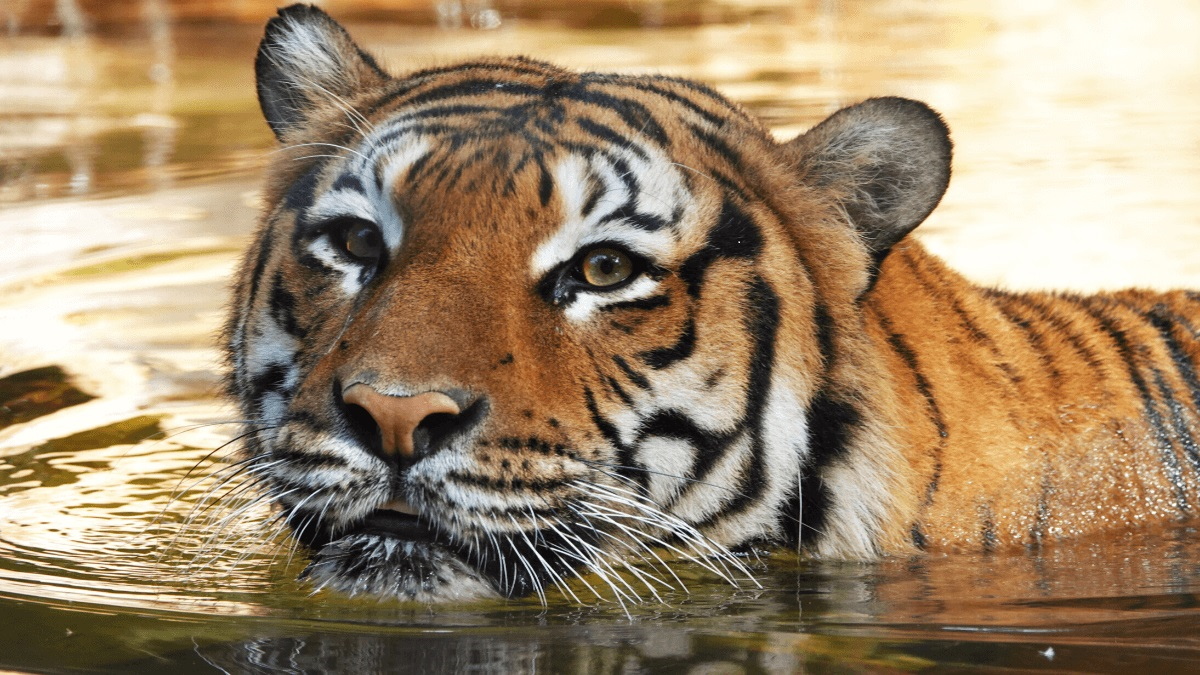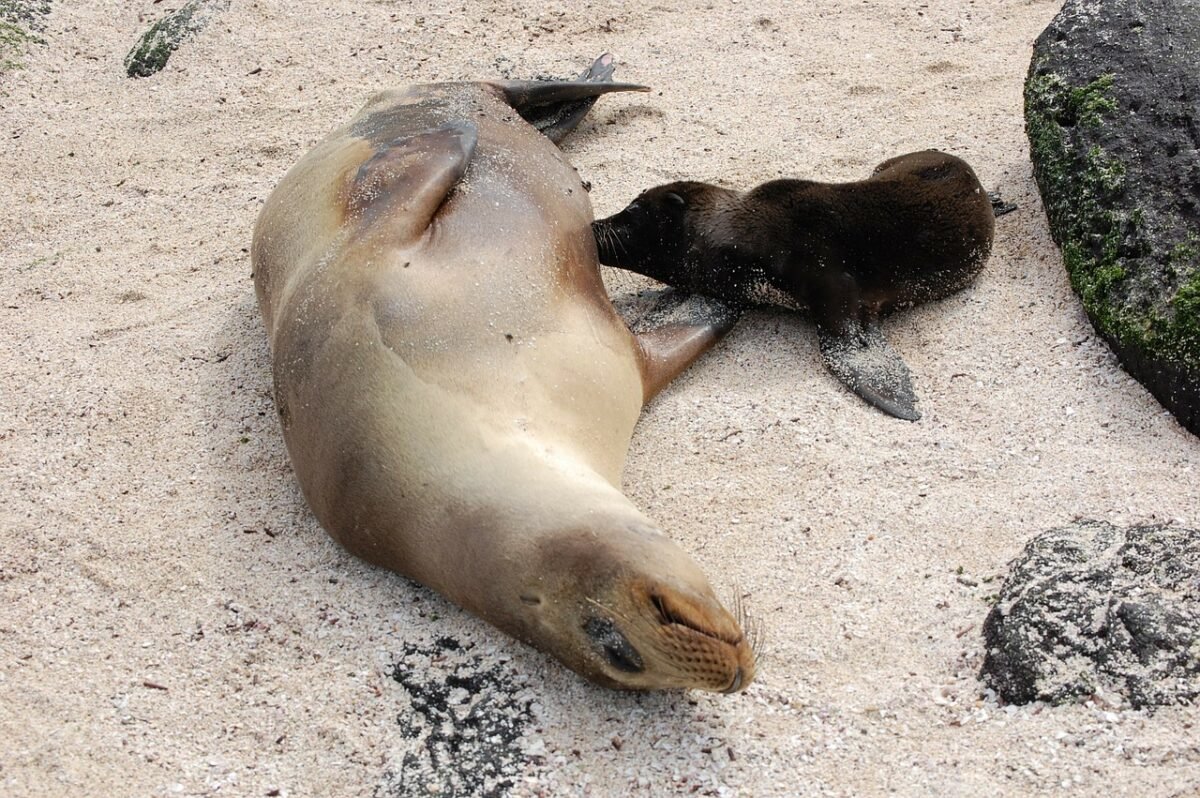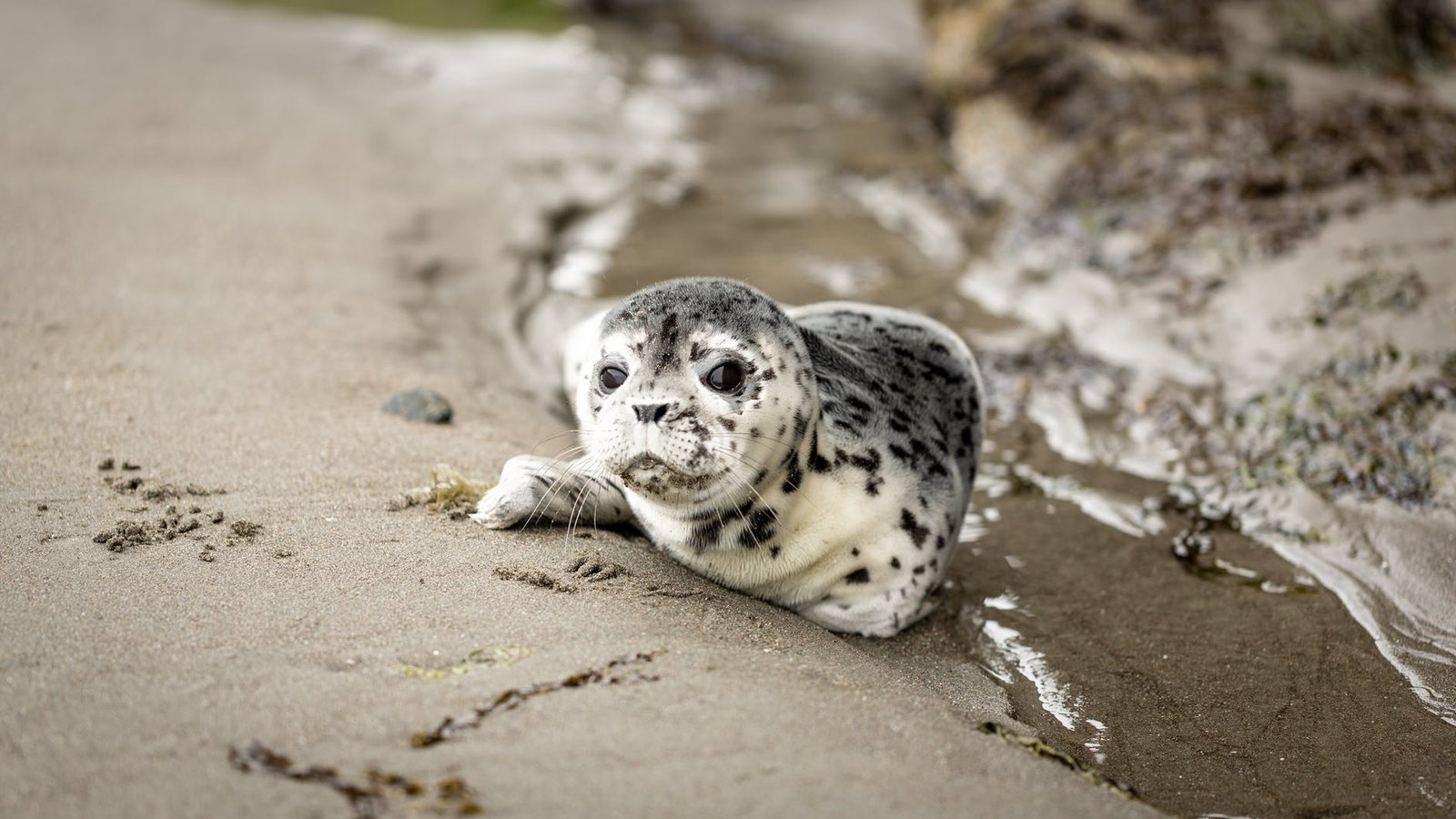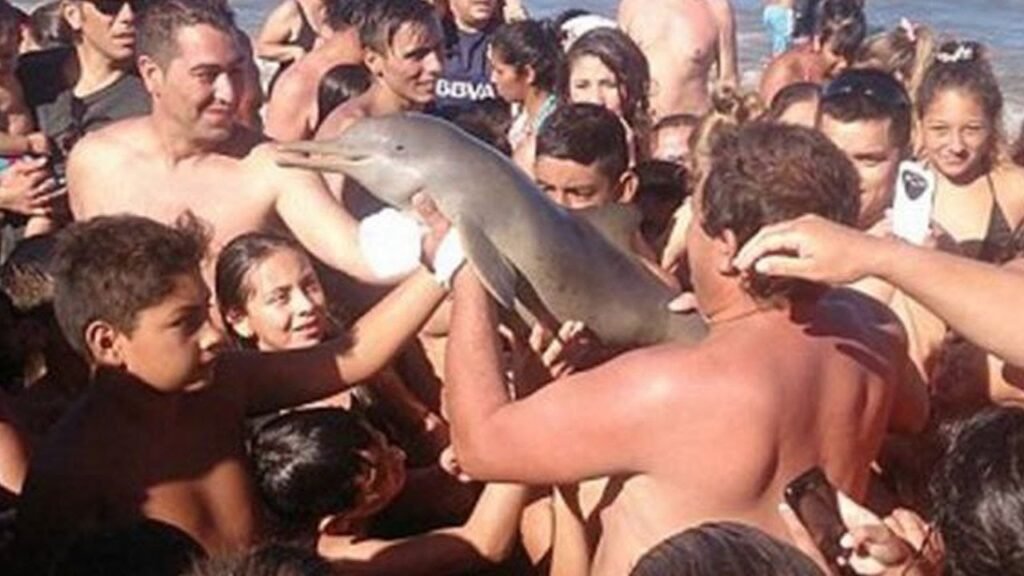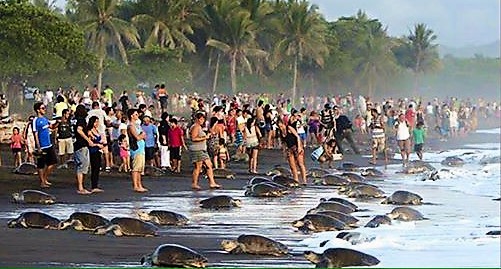The death by shooting of Eko, an endangered tiger at Naples Zoo, is another example of why zoo animals need more protection from human visitors. The emphasis should be more on keeping the animals safe from us rather than the other way round.
Killing endangered captive animals through no fault of their own.
Captive zoo animals, particularly endangered species, must feel pretty positive about their lives and existence. They are more often than not pampered as valued inmates, usually part of a breeding programme and are celebrity attractions. Little do they realise though that in the blink of an eye they can be killed through no fault of their own.
Incidents over the last couple of decades have proved that it is an unfortunate fact that no zoo animal is completely safe at the hands of their humans keepers. Recently, (December 2021) yet another endangered animal had its life cut short by the idiotic behaviour of a human. This time it was a critically endangered Malaysian tiger named Eko in the Naples Zoo in Florida. The unfortunate animal was shot and wounded, then sedated and finally died of his injuries all because of failures in health and safety, staff training and our desire to treat all animals as fluffy beings
The zoo was quick to issue a statement that Eko was much loved and died quickly from internal bleeding. They have set up a conservation fund for people to honour his death and asked the public to respect the feelings of the staff. I am sure Eko would have been pleased.
Zoo animals need more protection from foolhardy humans.
His early death was caused by a contract cleaner, who decided to put his arm through the bars to presumably stroke Eko who grabbed and mauled the arm of this unfamiliar human who was invading his space. The comment from the zoo was “This was a tragic encounter at our world-class zoo facility.” Hardly world class if they allow unsupervised outsiders to behave in such a manner.
Eko the tiger joins many others who over the years have suffered similar fates. It has become a regular habit for us to kill critically endangered captive animals through no fault of their own.
In September 2021 another tiger was shot and killed at the Delhi Zoo when a young man decided to jump down into its enclosure. And of course there is the case of the infamous shooting of 17 year old Harambe, the endangered lowland gorilla, who was shot by a Cincinnati zoo marksman when a child fell into his enclosure.
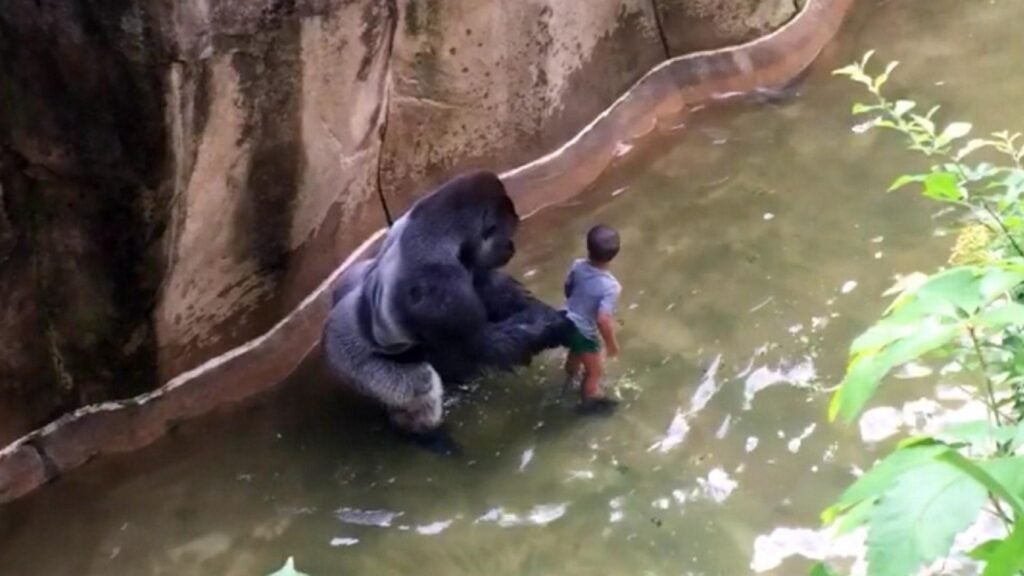
Human life will always take precedence over that of an animal.
Zoo officials were afraid for the child’s life and although the zoo was criticised for not doing more to save the child and Harambe, Mr Holloway, a zoo spokesman stated, ‘screams from the crowd further agitated Harambe and it’s a horrible call to have to make, but human life will always take precedence over the animal.’
Zoo animals are also regularly killed in the name of research and conservation, a practice called zoonasia and mainly kept hidden from the public. This was highlighted in the case of Marius the giraffe at Copenhagen Zoo who was killed because he didn’t fit the criteria for breeding his species. His death was covered worldwide in the press and social media.
There has been much discussion worldwide in the past of the dangers to the public visiting zoos particularly after each fatal incident. It has been estimated that there have been 256 injuries to the public and keepers over the last 26 years but only 33 deaths. This figure seems rather conservative. But it is more a question of how many animals the zoos are killing.
Time to keep captive endangered species away from the public.
The moral of the story for captive zoo animals is that their life is at the discretion of zoo scientists, veterinary surgeons, zoo directors and the actions of the public. Although animals like Harambe and Eko may be sentient, are endangered and protected species, are disappearing at an alarming rate in the wild and maybe doing there bit for conserving their species by being part of a breeding program, none of this saves them or is of any consequence if they react to some stupidity on our part.
We will never save the life of an animal at the expense of a human, but we could accept they are wild animals and not retaliate when a human causes an incident. And if we are serious about saving species by zoo breeding, keep the animals away and out of view of the public so they can get on with the business of breeding undisturbed like humans prefer.
